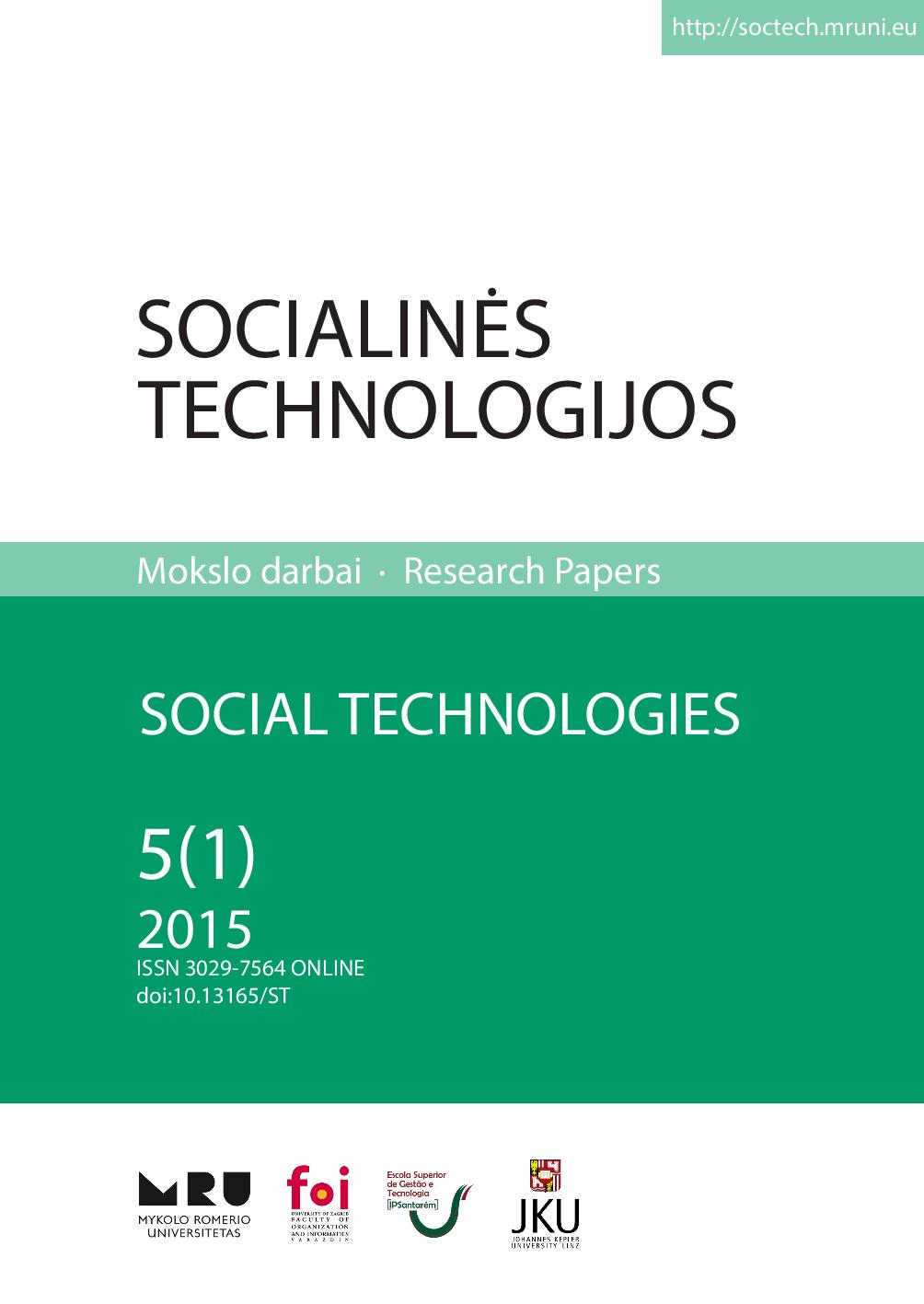ON THE IMPACT OF INFORMATION ASYMMETRY ON EVALUATION AND RISK OF CLUSTER PERFORMANCE
ON THE IMPACT OF INFORMATION ASYMMETRY ON EVALUATION AND RISK OF CLUSTER PERFORMANCE
Author(s): Laura GudelytėSubject(s): Social Sciences, Economy
Published by: Mykolas Romeris University
Keywords: information asymmetry; risk, trust; evaluation
Summary/Abstract: This article aims to determine and analyse the main approaches of evaluation of cluster or group performance under information asymmetry within cluster. It is assumed that one of the most relevant causes of information asymmetry inside the business clusters are the different interests of its stakeholders and their willingness to dominate. This paper contributes to the further analysis, development and generalisation of evaluation approach of cluster performance and of the impact of information asymmetry on the activities of business clusters. Purpose – is to investigate the impact of information asymmetry on the evaluation on performance of business clusters and the methods and approaches of evaluation of performance with regard to information asymmetry. Design/methodology/approach – general overview of research papers presenting concepts and methodologies of evaluation of performance with regard to information asymmetry. Findings – information asymmetry has a significant impact on the performance of business clusters, and can be the decisive factor in the viability of a cluster. The members of cluster can be seem as subjects willing to dominate in cluster and to gain a relatively more portion of profit of clusters, some conflicts of interests can appear. However, there is no universal approach for evaluation of the impact of information asymmetry on cluster or group efficiency. This paper aims to highlight the main types of information asymmetry and respective approaches of evaluation analysed by the researchers. Research limitations/implications – the complexity and nature of information that can be used in the process of creation of innovation. The strong assumptions on information asymmetry from one side and the lack of advanced investigation focussed on the evaluation of business clusters performance efficiency under information asymmetry from other side are the most relevant limitations of research. Therefore the conclusions are focussed only on the conceptual level and analysis of possible further steps in creation of respective methods or models. Practical implications – information asymmetry has a significant impact on the activities and performance of business clusters, and can be the decisive factor for a viability of a cluster and creation of innovations. This study will contribute to the further development and generalisation of evaluation approach of cluster performance and of the impact of information asymmetry on the activities of business clusters.Originality/Value – This case in terms of business cluster performance and creation of innovations is not exhaustively analysed by other researchers. This paper is one of the first attempts to describe and make an assessment of the evaluation of clusters with financial contagion in the Baltic States. The findings of this article should ground the further steps of the creation of evaluation of performance efficiency under information asymmetry.
Journal: Socialinės Technologijos
- Issue Year: 5/2015
- Issue No: 01
- Page Range: 32-43
- Page Count: 12
- Language: English

